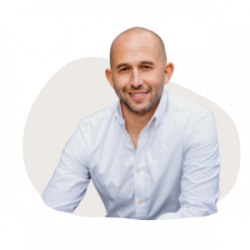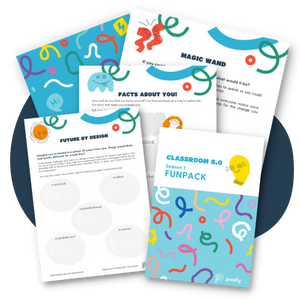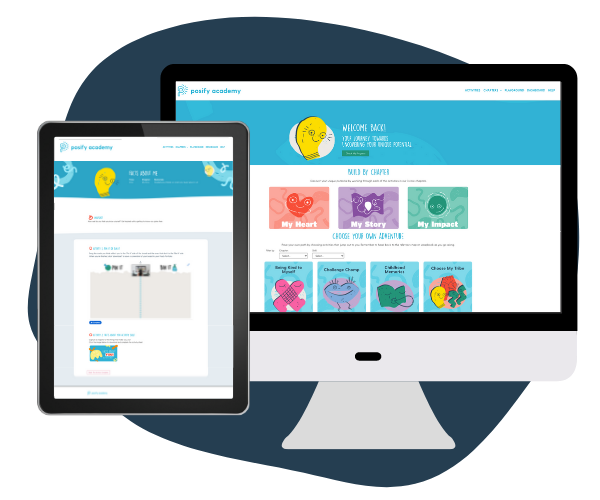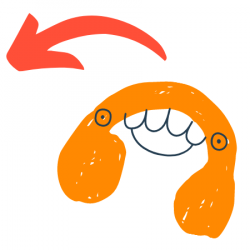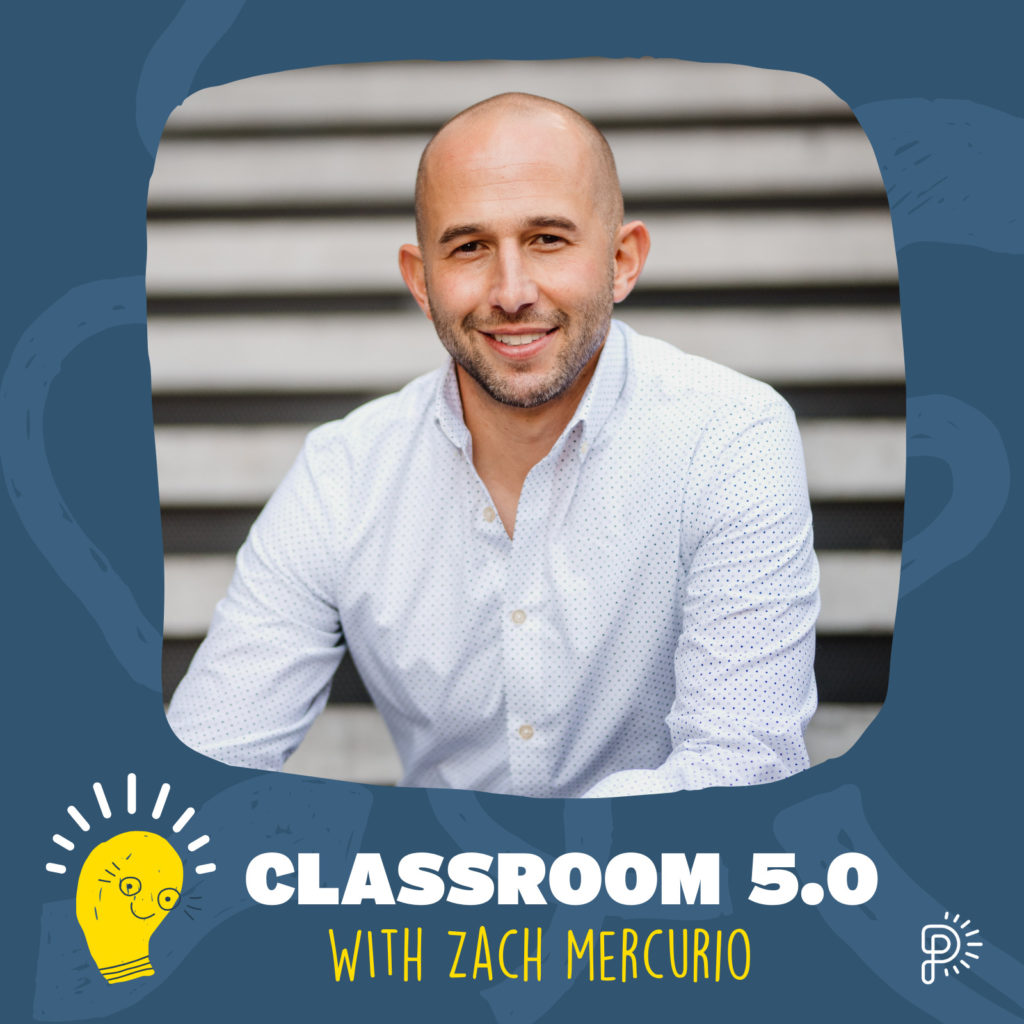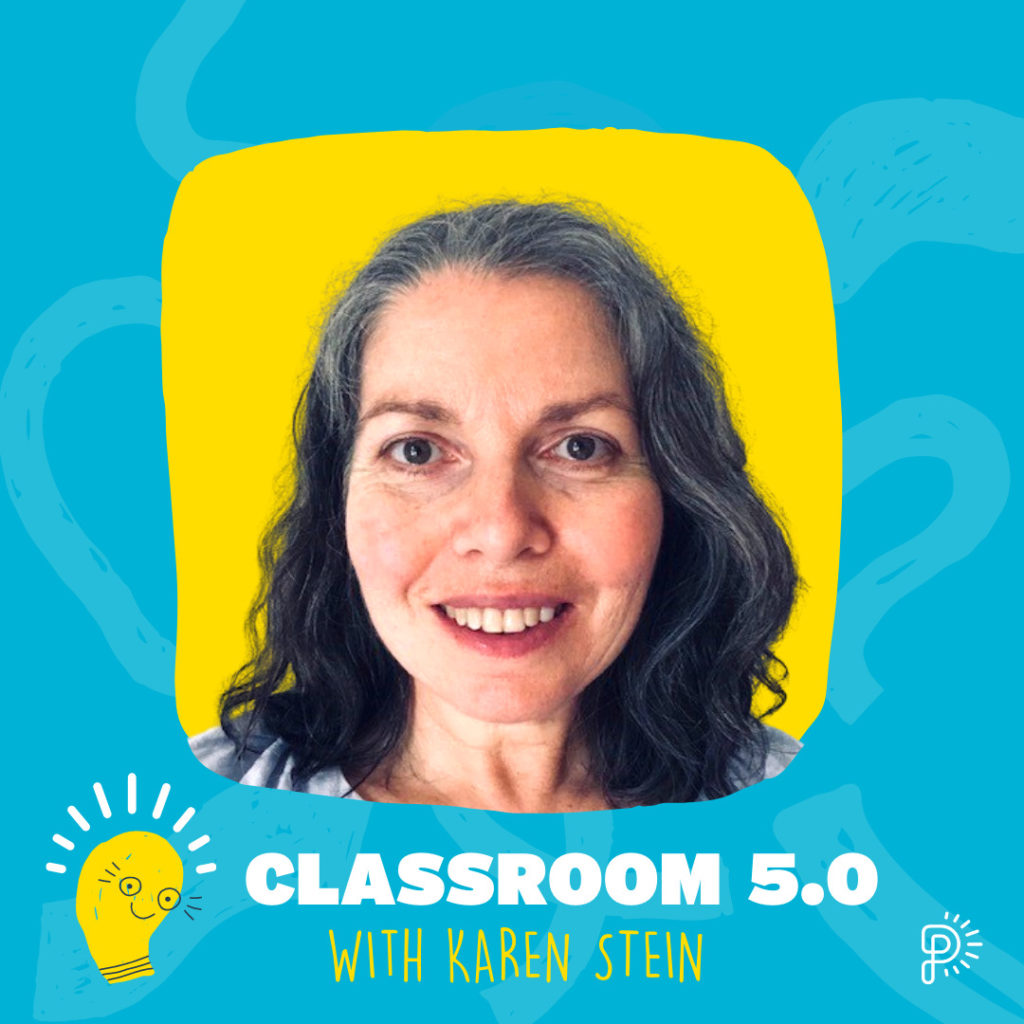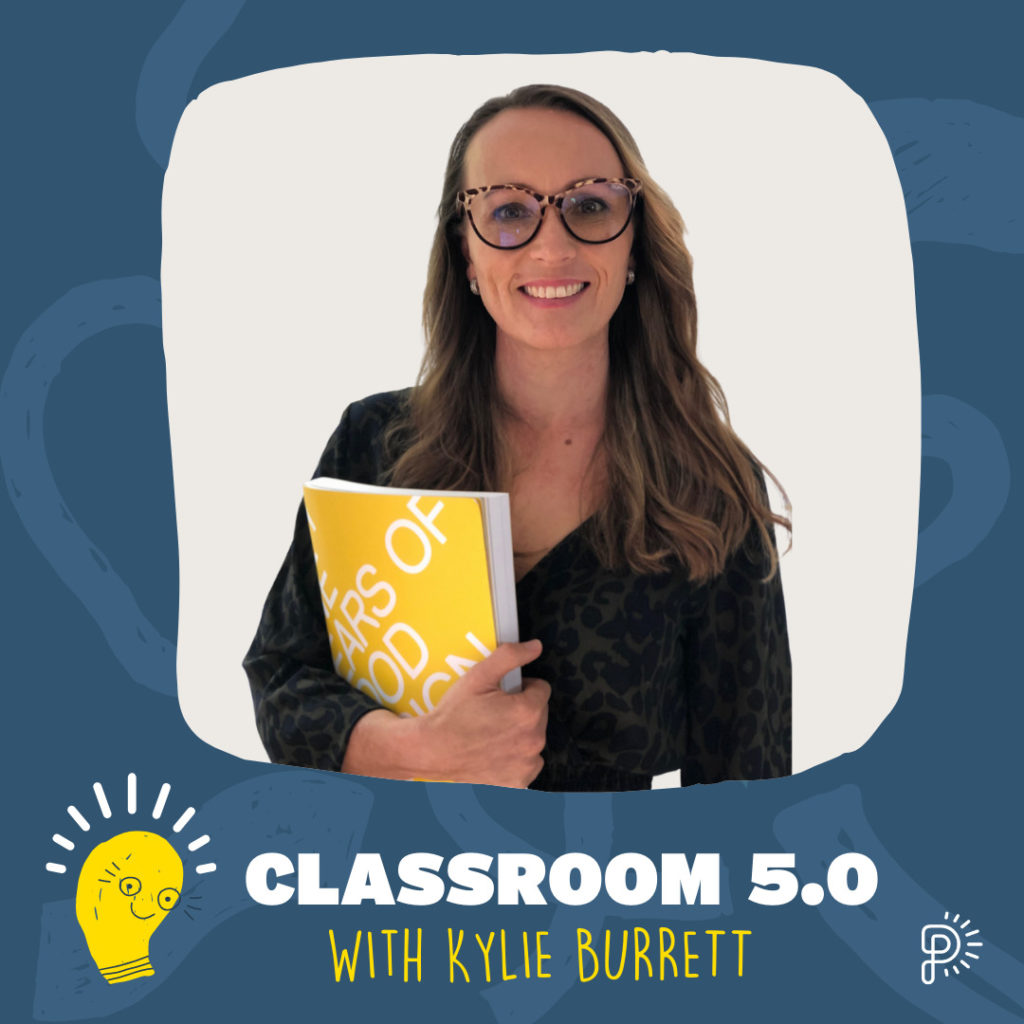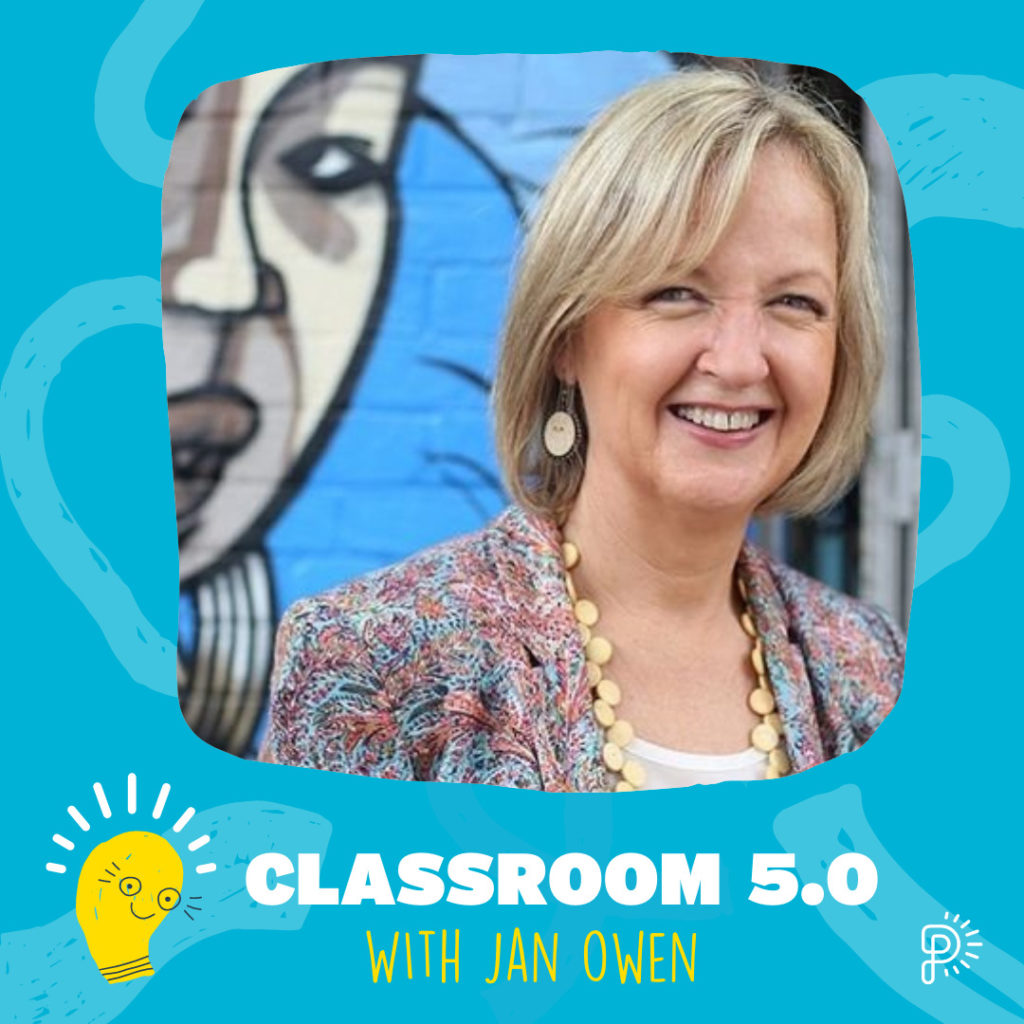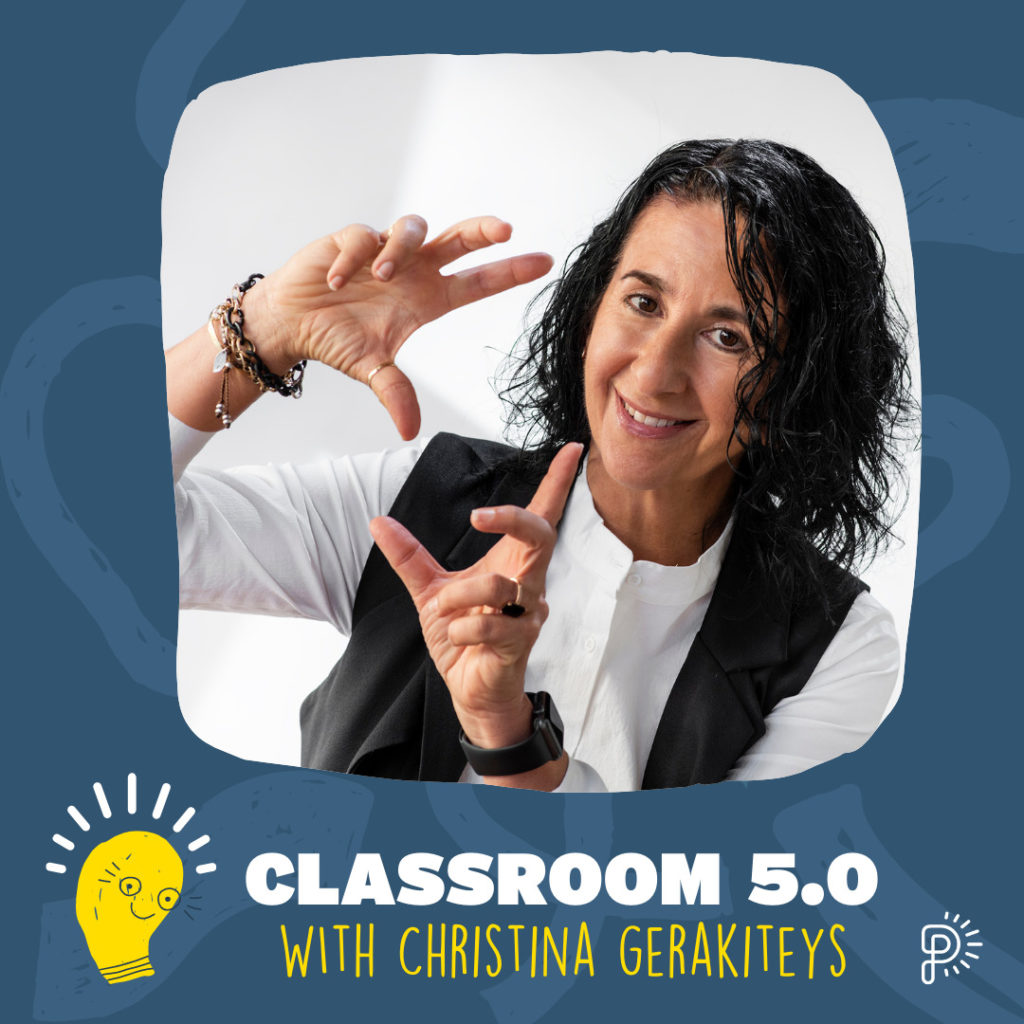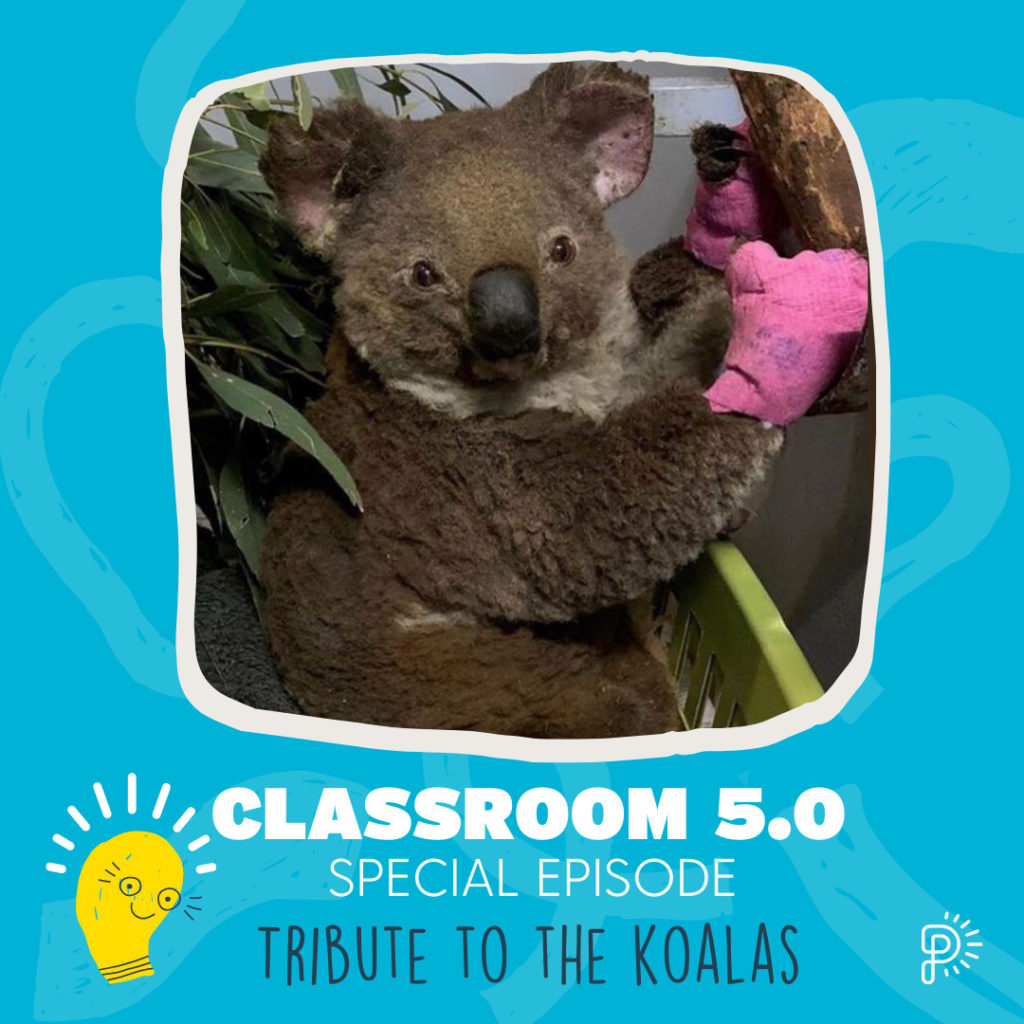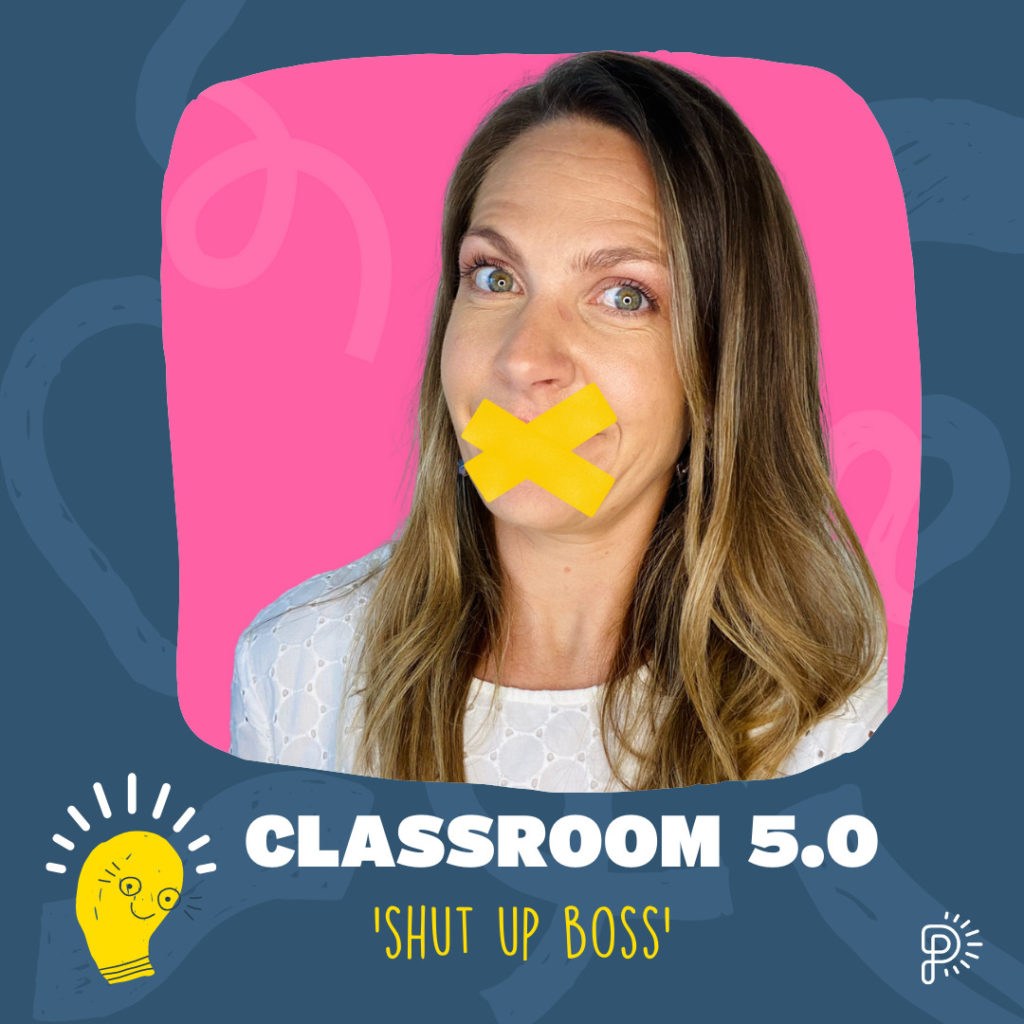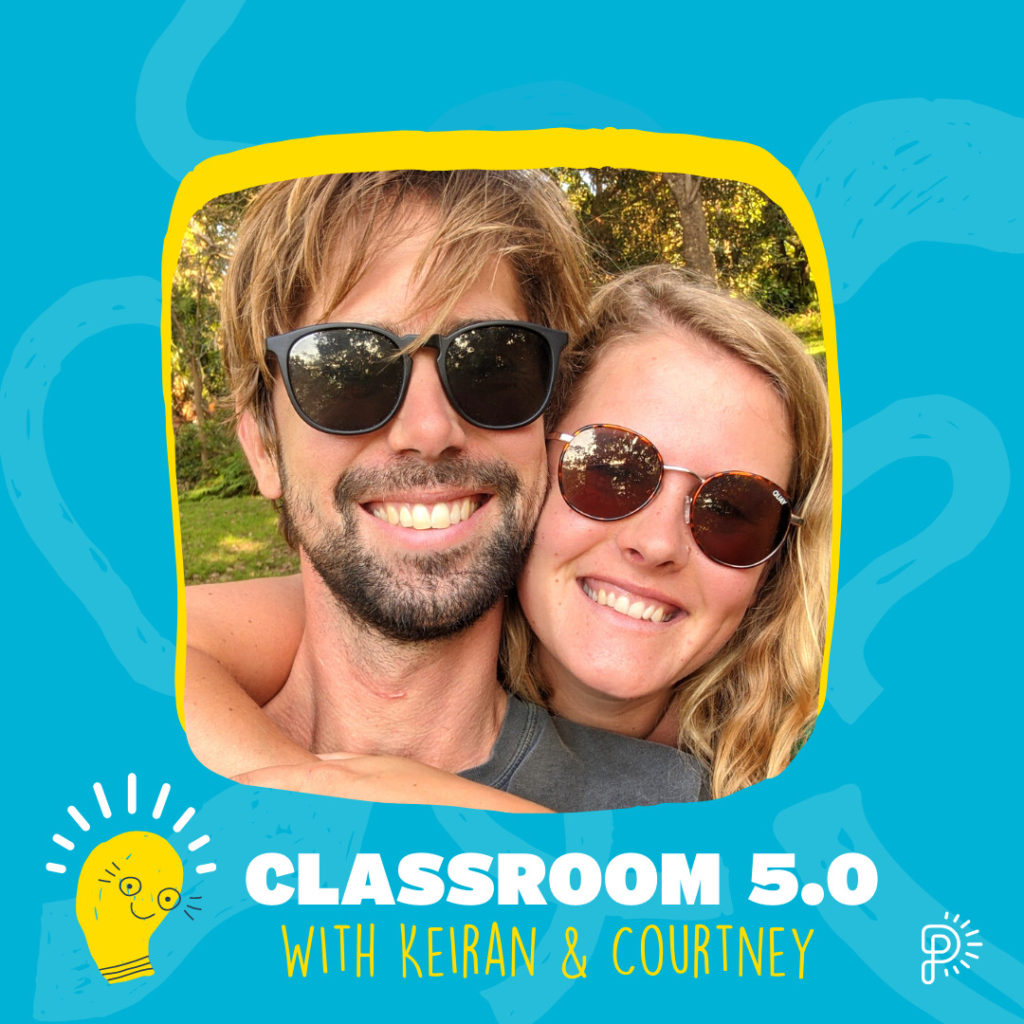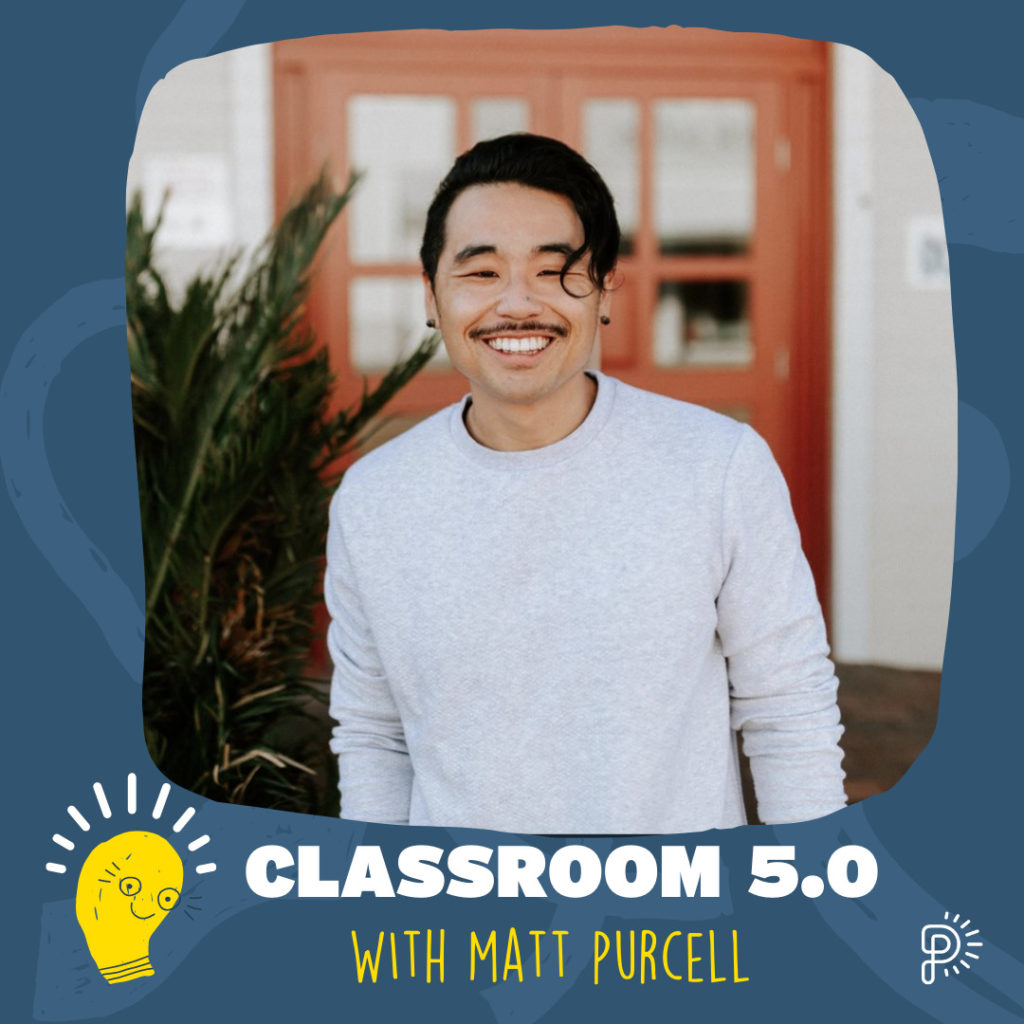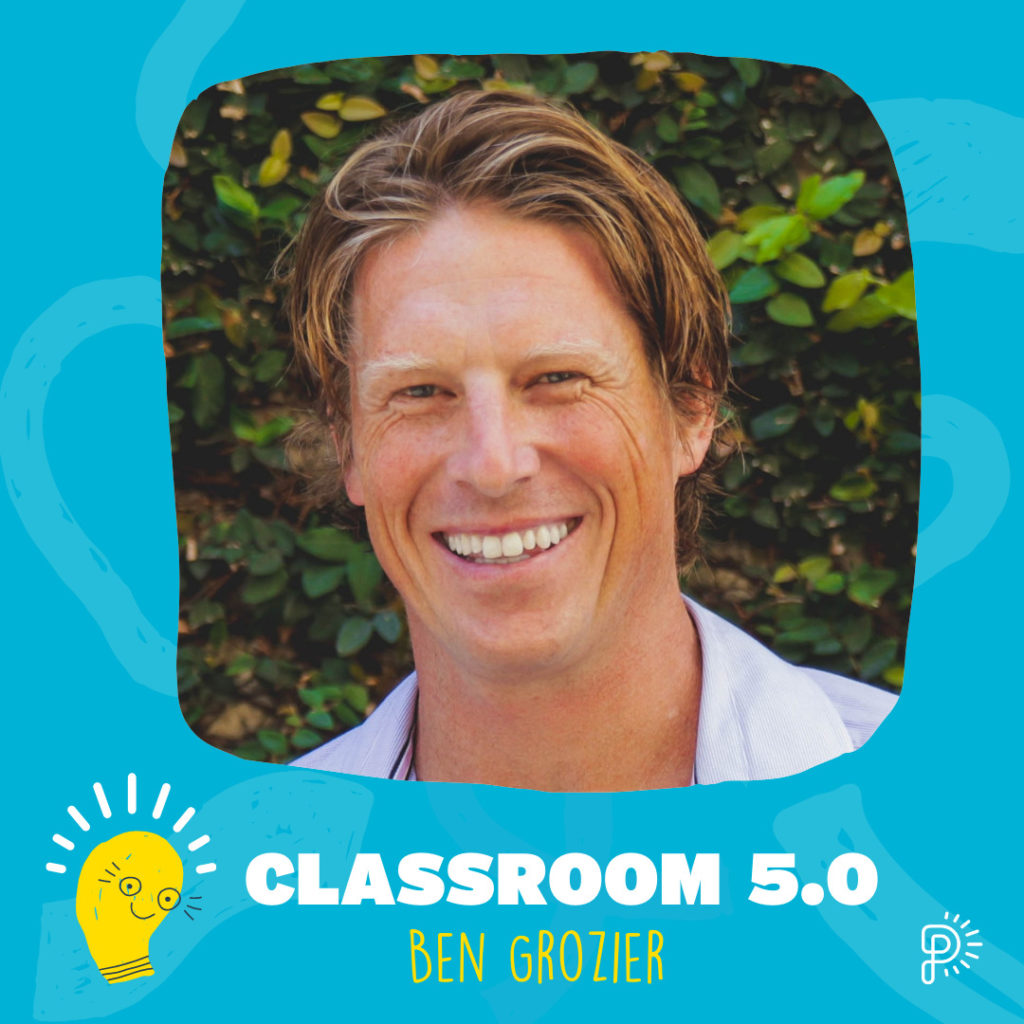Mariane 11:37 Hey there, and welcome to Classroom 5.0. A podcast that uncovers industry insights, cutting edge research and practical evidence based strategies that help us all to imagine and design learning environments and pathways for this ever evolving world, so that together, we can best support the next gen to uncover and deliver their unique potential. My name is Mariane Power, the co-founder of The Posify Group and your host for today’s episode, which I am so excited to be bringing you, because today, we’re interviewing Zach Mercurio, whose work and research on purpose has personally and professionally inspired me for many years now. Mariane 12:15 Zach is driven by the belief that everyone is built for purpose, desires meaningfulness, and deserves dignity at work, school and in life. And that’s the purpose that we can connect with. He’s an accomplished author, keynote speaker, consultant, and award winning researcher specializing in purposeful leadership, meaningful work mattering and positive organizational development. Zach earned his PhD in organizational learning performance and change from Colorado State University where he serves as an Honorary Fellow in the Department of Psychology, his center for meaning and purpose, and as an instructor in organizational behavior and development. His research on meaningful work has been awarded by the Association for talent development, the Academy of Management and the Academy of Human Resource Development. Zach helps forge purposeful leaders and he has worked with over 100 global companies, countless schools, universities, and not for profit, not for profits. And he’s written one of my all time favorite books, ‘The Invisible Leader: Transform your life work and organization with the power of authentic purpose’, to provide individuals and organizations with the tools they need to activate purpose and create cultures where everyone matters. 13:32 And Zach, I’m such a fan of this book. I can’t wait to dive into it. We’re going to do that and all more, but I have to ask, I’ve noticed, of course, you’re living in Fort Collins, Colorado at the moment with your beautiful young family and a dog that you describe affectionately as being quite quirky. As a dog lover myself. What is going on with this dog of yours? Zach 13:53 I don’t know what’s going on. You need to help figure this out. One of the things that’s interesting about me is I’ve never had a dog that could fetch, no matter how hard I try. So she can’t fetch either. I adopt dogs. That’s something that we do. And she can’t fetch, she barks at people randomly that she knows really well, I think just for fun. She doesn’t like the heat, but she doesn’t like it to be too cold. So either way, she’ll complain and protest going outside. And just recently we were out on a walk and it was very hot, because it’s summer here. And she just laid down and wouldn’t move (Okay) and she’s in great shape! Mariane : And what kind of dog is she? Zach: I don’t know, everything (laughter – She sounds like a very quirky mix!) She’s like a mix. So she’s very quirky, very difficult to figure out but she’s super sweet and my kids love her. So, and we love that. Mariane 14:50 She sounds like a beautiful family pet who’s keeping you all on your toes quite frankly. Zach 14:55 Yeah. And you said something that I think we’re going to get into but uniqueness, unique potential, she personifies, or ‘dogifies’ uniqueness, so. Mariane 15:05 Well, I really want to jump into that because that is something that we are so passionate about here at Posify, is uncovering unique potential. So maybe we’ll have to come over and meet your puppy dog one day! But before we do, let’s pop some context in for our listeners who some of will be new. 15:24 We talk a lot about purpose here at Posify, and we are always inspired by the emerging research and particularly your conversations around how purpose relates to organization and education leadership in particular. But you make a really important distinction, I think, in your definition of authentic purpose. And I’m wondering if you could describe for us what that definition is, and why you think that distinction is important from say, perhaps the pop culture reference to purpose that we all hear. Zach 15:53 Purpose is the reason for which something is done or created or for which something exists. Now it’s something to use or of usefulness, and there’s a danger. And that danger is, that you could have a default purpose society or someone else could say, you are this so you must be this. You, hey, you know, my kid. My three year old had a stem day at daycare, right? So Stem Science Technology and Mathematic here. Mariane 16:26 I love that Zach 16:27 Daycare, right? It’s great, but also we’re all of a sudden tracking him into careers. You know, he didn’t have a watercolour painting day. He didn’t have a bus driver day, huh? Right. He didn’t have a plumber day. He had a stem day and so what happens with default purposes is we apply what’s good, what’s acceptable, what’s successful on to people and that’s default purpose. Where authentic purpose is your genuine reason for existence, your genuine usefulness that makes a difference in society or the world around you. So a lot of this comes from sociologist Corey Keyes work. He describes four types of purpose. Not all purpose is created equal. You can have an aimless purpose that doesn’t have direction, doesn’t have a clear goal associated with it, and it’s useless. So aimless but useless is like, I want to make a lot of money, or I just wanna have a job that pays a lot, right? That’s an aimless and useless purpose. You can also have, and an aim full of directed purpose, which has a very key indicator for success, you know, you can measure it, but it’s not useful to society. I just, I want to make as much money as I can by age 35. Right, that’s a purpose that has, it has direction, but it’s not useful. You can also have a purpose that is very useful, but is directionless. There’s no specifics around, like, it’s like the people who say I want to help people. But they don’t know who, when, where, or how they’re going to help them. Authentic purpose is a purpose that’s directed and useful to others. And it’s yours, you have unique gifts that match up to unique human needs. And that’s your fingerprint. That’s your purpose. Mariane 18:18 I love those two things together. So unique, unique gifts that match up to your unique needs. And that’s your purpose. Zach 18:26 Yes, and here’s the really great, amazing thing. You already have it right now. Hmm. So you have strengths, you impact other people. By default, you have purpose. Mariane 18:42 I’m going to do this to you a lot. I know we had a script. But I’m going to go off script for a minute here because we speak to a lot of people who are, like, ‘but I don’t know what that is’. So if we’ve got a listener right now he’s listening to this. And they can accept that. Yes, they have the unique skills. And there’s a little bit of doubt of ‘but what impact am I actually having?’ Because you talk a lot in your book, and I’m kind of going to cheat here. You talk a lot in your book about measuring the daily impact. Can you share that a little bit with us now? Zach 19:13 Yes, so, a big distinction is between finding a purpose and being purposeful. (Okay). Purpose is not something out there that’s waiting to be found. It’s, it’s right where you are waiting to be acknowledged. Right? So if purpose is our contribution, then being purposeful, is contribution centered thinking, being and doing. Now, if someone’s struggling, right to understand what my strengths are, what impact I have is, that’s very common. We get a lot of purpose anxiety, ‘What’s your purpose?’ elicits anxiety, right? And that’s because we think about it at some one singular thing you’ll go find in some blog article or book. (Yes). 19:56 But here’s, here’s the thing. So think about the next person you’re going to talk to today. And ask yourself, ‘How can I use my strengths to positively impact that person?’ That is being on purpose. So another thing you might do is over the next seven days, keep three lists at the end of each day. Write down three things. One, ‘what did I love doing today?’ And write down everything. Two, ‘what was I good at today?’ And three, ‘what bothered me about the world today’, or, ‘how did I contribute to others today?’ You can pick either one of those. At the end, don’t judge yourself. At the end of seven days, you’re gonna have 21 lists. I challenge you to come back to me and come back to us and tell me if you find themes. You’re gonna find themes. Now, when we talk about strengths, where what you love to do your passion, your energy, touches what you’re good at. That’s where we get a psychological strength. (Yes) Where your strength can make an impact, that’s where we start forming a purpose. So that’s a really cool exercise. I call it a purpose journaling exercise. It’s incredibly powerful. Mariane 21:07 I love that. And we break that down with our kids by asking them to look at what ‘erks and excites’ them over the same amount of time (Oh I love that!). So maybe we’ve got a little bit of an intersection there for kids. And for adults. You’ve described that so beautifully. And I’ve bookmarked something that you said, because my instant reaction when you said STEM was at daycare was ‘Wow, fantastic!’ And actually, it was a really nice reflection moment for me to realize, Hmm, maybe fantastic if we as educators are keeping that informed in our back mind. But what else is informing our education of children? And what labels are we putting onto them? So I’m going to borrow that one for my own learning. Thank you, Zach. (Of course!) 21:48 So I wonder if we move on now to the next question. One of the challenges that our parents have is, which we’ve kind of touched on already haven’t we, is the idea that they struggle with conversations with the young people about purpose, and more specifically about what they want to do in life after school. And so at Posify, we’ve been playing around with this exact idea is how can we map our skills, our strengths, our values, our interests, and our purpose, to flip that question on its head, and to ask instead, ‘What is it that you stand for? And what impact do you want to create in the world?’ And we’re doing that because we recognize the enormous benefit the purpose has in helping people to transfer skills. But I’m wondering that given your groundedness in research, what does the current research say about this approach to what we’ve traditionally called career development? And what role do you see purpose playing in bridging the gap between, say, education and industry as we move forward in this next new evolving world for our young people? Zach 22:43 I’ll actually start in the field of architecture, if I may. So. A, a standard formula for determining good architecture that’s been widely applied is that form should follow function. And when you think about that, right, it’s the form of something the shape of something should follow what it’s being used for. Now, let’s think about how we develop humans. Yes, we develop them, typically, by having them form their lives, their career plans, their academic programs, what they’re going to do, how they’re going to do it, the 10 step plan, the 20 year plans, all of that the retirement plans, without helping them understand their function. And it always leaves a mess. Anytime you try to form something without understanding its function first, what usefulness someone has, that leaves a mess. And I have seen that in my work in higher education, because I worked for eight years in higher education, doing career, some career coaching and advising academic advising work. And taking the time to uncover people’s function where their unique strengths make a difference is, is absolutely essential. And it’s a basic design principle. But I think we’ve been doing it backwards, you know, for a long time, which is why I’m glad of the work that you’re doing. 24:04 But then there’s a couple of key research findings that indicate that when we do design, people’s lives backwards form before function, (reverse engineer if you like). Yeah, it can Yeah, a bit of a… it can leave a bit of a mess. So there was a, there was an interesting study done of first year students in college by the psychologist named Jennifer Crocker, and she wanted to know what would happen for people who set achievement oriented goals and what would happen for people who set contribution oriented goals and she followed them for a set period of time. Achievement oriented goals, like I want to get this job so that I can make a lot of money. I want to get this starting salary, I want to join this club so I can look, make my resume look better. Self image goals is what she calls it, goals to help advance the self. Contribution goals are goals to help advance someone else’s life or solve meaningful problems. And what she found was that the people who set more self image goals, the students, significantly experienced more anxiety, depression, stress, than those who set more contributions. 25:15 Now, why is this right? (Yeah?) It’s because slowly over time, these people in the group that set more self image goals started hinging their identity on either achieving something or not achieving something. And then what? Sense of self came and went. Versus, when you think about how am I going to contribute, it’s much more transcendent to different situations. It’s the difference between asking what do you want to do with your life? And what should your life do for others? (I like that reframe). Because when you ask what, ‘what do you want to do with your life’, you’re going to get a linear plan. And as you specialize your opportunities actually narrow to what you can do. But when you lose the ability, which you will, as you age, at some point to do what you do with your skills, you’re left with ‘then what’? ‘What am I going to, who am I now?’ Your identity goes too. When you ask ‘how can I contribute?’ you can use your strength in a variety of situations to solve a variety of problems. And it actually widens, our attention widens, our perspective widens, our opportunities, versus narrows them. So that’s one study that interests me, stuff that I’m going to outline versus achievement. Mariane 26:28 And it also reminds me a little bit of the research around extrinsic and intrinsic motivators as well, in terms of drive. And having that contribution as being that driving force. It kind of makes sense. And it’s fantastic to hear this research that backs it up, that an intrinsic motivating drive that you can transfer across, it doesn’t really matter what the job is, if you’re bringing yourself to it, then that’s the thing that’s going to keep you loving learning. Zach 26:54 Yeah. And also let’s Yeah, let’s see, if we can I want to close that loop between achievement and contribution. Now, because it’s not it’s not a linear path, either. It’s not either achievement or contribution, it’s contribution for its achievement, because of contribution. Mariane 27:10 Hmm, can you speak more about that? To some of you who might be thinking ‘Come on, like, this is a little bit’ I’m going to get to this later, ‘but fluffy, this purpose thing?’ Yeah, Zach 27:19 I mean, my kindergartener is learning right now that you can’t have a result, an effect without a cause. So it’s silly, it seems silly, right in that language to think, let’s, let me pursue my achievements to get an achievement. Let me pursue the effect to get an effect. Or a company saying let me try to pursue profit to get profit. Purposeful people obsessively pursue their cause, their contribution, and they trust that the effects will follow. But, but we get scared, and we try to secure security. And so we try to hold on to what we can control, which is all the numbers and the goal and the plan. But when in reality is the value that we add, that results in most results and achievement that we see on the other side. So it’s a loop. And the achievement piece. Like for example, one one more study is by psychologist David Yeager, and some of his colleagues who’s studying at risk youth in high school and studying math scores. And then he deployed a simple exercise where he had students reflect on what is the bigger purpose? How will learning math help you improve the world in the future? And then he had them read an anecdote from a graduate who talked about how they’ve improved the world through, because of high school. And the group that had that transcendent motive, beyond self, even doing rote routine math classes, after controlling for numerous other variables, had a point three increase in overall GPA, which is huge for high school students. So when we don’t feel like what we’re doing matters, or that we matter, it’s very easy for nothing to matter. And so that’s where I think purpose has to come first. Mariane 29:10 I hope everybody got that. And that every single Twitter platform, Instagram platform, shares it out loud, because that is just beautifully summed. Yes. And, you know, it brings me right into a segue for our next population of people that we are so passionate about serving, and it’s our twice exceptional students. So these are, these are the kids that have a profile that is both of giftedness, so they demonstrate giftedness, and they also have some neuro divergence. So whether that be ADHD or autism, Asperger’s as it it used to be called, and as well, our specific learning disorders. And one of the unique challenges this particular group of students faces is that they are acutely aware of their weaknesses and how they show up in the world. And they tend to get referred to as ‘quirky’ and so what they develop are some coping mechanisms around hiding aspects of themselves that they perceive aren’t able to be shared for achievement’s sake. And so off the back of what we’ve just been talking about basing ourselves in contribution. I also loved, before I get to that, I also loved, I mentioned your Instagram that I’ve been unashamedly stalking because it’s fantastic, and everybody needs to follow you, @zachmercurio. But you wrote something that really resonated for me in particularly in serving this group about grit. And you wrote, that ‘grit is found in the footprint of each step forward’. So given we’ve both established our shared love of uncovering unique potential, I’m wondering how do you think that we can redesign our learning and teaching methods and experiences in the future to help our young people and particularly this group, identify their own measures of success? So they unique metrics, so that they can honor their next best step forward? And as you said, adopt and exemplify grit. Wow, Mariane 31.04 There was a lot there wasn’t there? There’s almost two parts to that question! Zach 31:04 Yeah, I want to go back to the former, with, talking about, you talked about these unique gifts that were being hidden because of societal stigma and treatment on being different. And this is where creating moments of mattering as a skill must be essential in any curriculum that develops any human being. And mattering is the feeling that we are valued by the people around us, by our schools, by our communities, by our families, and that we add value. It’s knowing how our uniqueness makes a difference. Now, what’s powerful about mattering as a concept is psychologically, it’s one of the only concepts that’s largely dependent on others to create for us. We can believe that we matter. But without the evidence of our mattering, which comes from others, it’s very hard to maintain the experience of mattering. Zach 32:01 And so when I think about the second part of your questions, you know, ‘what can we do to help people realize their unique potential?’ Well, first, I think, you know, we need to notice people better. We need to, you know, there was a study done recently, of over 66,000 students from sixth grade through 12th grade. And they were asked how many of you all think that your teacher would notice if you were absent? And over half of the sample indicated that they didn’t think their teacher would notice if they were absent. (Wow, that breaks my heart. Wow.) So mattering may seem like common sense. It is not common practice. And the practice of noticing someone noticing their uniqueness, noticing how they navigated a problem in a classroom and a group discussion, being able to name the uniqueness. Mariane 32:57 And that’s it isn’t it? Absolutely. Because I’m wondering how many educators out there might be justifiably thinking, ‘I’ve got a lot on my timetable. I’ve got a lot in the classroom, I’ve got in Australia, up to 32 kids, and I’m noticing every one of them’, but it’s that difference, it’s going into action isn’t it and naming what you’re noticing and validating what you’re saying, speaking to those strengths you got when I interrupted you, I’m sorry, Zach 33:20 When I was graduating, when I was in high school, for me secondary, I was going to go into the military, because, you know, I just didn’t know what to do. You know, I knew I wanted to go to college, but I just didn’t feel like I fit anywhere. And I had a journalism teacher that everyday brought in a different pamphlet of a, because I was a real, she thought I was a good writer. And (she) brought in a pamphlet of schools with good journalism programs and told me every day, ‘I think that you could be a good writer’ and she had over 100 students. And she thought about me outside, she noticed that I was struggling making this decision. She thought about me and took an action to show me. Yeah, that’s what noticing is. The second part of that is affirming, right? So we have to be able to name people’s unique strengths and show people, show students, how their unique strengths make a difference. ‘Because you have these unique strengths. This is what this class is able to do as a whole’. And when we can do that it’s incredibly powerful. And the last one is that human beings need to feel needed. So, you know, just to lay an illustration out psychologically. Imagine, so you want your students to engage in class, but if they don’t feel needed, they don’t feel like they are integral indispensable to the whole, it’s very hard to engage. So imagine I invited you to a dinner party on Friday night, but I said, ‘Hey, come to this dinner party’. And you were like, ‘yeah, I’ll come’ but you didn’t really like write a commitment. And on Friday morning, you get up and you’re like, I’d rather not go go. How easy is it for you to just get out of it. So I’m just not going to go but If I said, ‘Hey, you know, Mariane I need you to come because I need you to bring the dessert’. Mariane 35:06 Oh, that’s gonna be tricky, to leave the ice cream at the front door and bolt. Zach 35:13 Exactly. Right. Yeah, people feel like they’re needed in a space. That’s what has to precede engagement and precede learning. And that’s why I noticed affirmed and needed building communities that create mattering, I think is the essential, both curricular and co curricular element that needs to be embedded into education, from here on out. Mariane 35:35 And as I’m hearing you speak, I’m joining some dots, and I want to check in with you if they if they make sense I’m capturing what you’re saying is that, if we can create mattering through a lens of purpose, and explaining, identifying, validating, or reflecting back what your unique contribution is, by mapping, speaking to your your skills, your strengths, your values, and how they come together for a purpose, then we increase belonging. And by increasing belonging, we therefore increase a student’s desire to overcome obstacles potentially that are in their way for the common good, so that they can apply that sense of grit that we really want them to apply when they face those challenges around weaknesses, but I might have joined some dots that aren’t quite right there. So feel free to check it out. Zach 36:21 Well, in Angela Duckworth’s book called ‘Grit’ and her study, she finds that having purpose is one of the key predictors of high grit scores. Pleasure being so so having purpose. And knowing who needs you is critical. It’s like, resilience is also found when, you know, we can ask ‘how am I going to get through this?’ but it’s even more powerful or more resilient when we can answer the question ‘Who needs me to get through this? Who relies on me?’ and that’s how mattering plays in and a connection to usefulness and a connection to others rely on me others need my strengths. Others need me to come to class today. I’m needed here. Gordon Flett in his, in his volume on ‘The Psychology of Mattering’, cites a study of students who are in a state of potentially self harming, and he looks at their journal entries. The two most common almost verbatim journal entries are, ‘No one cares about me, and no one would miss me if I was gone.’ That’s a mattering problem. That’s not an individual’s problem. That’s an ecology problem. That’s an environment problem. So, again, it it correlates to resilience. Because if we don’t feel like we matter, it’s easy for nothing to matter. To survive, we have to have a will to survive. As Viktor Frankl says, that will is our meaning. That will is our contribution. That will is fulfilling the irreplaceable contribution that all of us make. But we have to believe it first. Mariane 37:55 You are singing every song I have sung to myself previously to join the dots between you know, my expertise in Clinical Psychology, but then my passion and obsession for helping people live a meaningful life because it’s the intersection between positive psychology and clinical psychology, we see it both. It supports languishing to bring up to functioning and it moves us from functioning to optimal flourishing. So thank you for articulating that far better than I think I ever could. Zach 38:23 No, we did it, you planted the seed I’ve really never linked, you know, when you link resilience to purpose to mattering. It’s powerful. And again, all of these things are different. And I think it’s really important to understand these differences that we’re talking about because mattering is, mattering is something that each of us can be responsible for, for each other. And that’s its power as a construct. You know, like self efficacy, self worth, all of those things are outcome variables. But like, those are things that result from certain things. But you and I are directly responsible for each other’s feelings of mattering. Mariane 39:05 That is so true. And that’s an impact within itself. Oh, my goodness, yeah, I could talk to you for days. And I have to say, I feel like I have your little ear, your little voice in my ear, or your big voice in my little ear. Every time I read your book. And I have, I have highlighted it. And I have doffy eared so many pages. And each time I read it, I find something new. But there is one thing that I come back to each and every time, and I’m going to read it out loud for our listeners here. Because it just it reminds me of the next step I need to take. So you write: 39:37 ‘Some readers might see the whole idea of purpose as fluffy, as one CEO told me. And my answer to that take, one I’ve tried very hard to address here, is that purpose is only fluffy when we don’t strategize around it and actively pursue it’. So I’m going to put a link to the show notes. Don’t worry with your book and all of these wonderful papers, you’re citing and research everything, because there’s so much juice in there. But that’s one of the golden nuggets that I really hold on to is, we need to strategize around it and actively pursue it. And so given that it sounds like we can agree on the importance of fostering purpose and mattering and belonging amongst our young people, untapping their unique potential, I wonder, how do you imagine as parents, educators and industry leaders, that we could intentionally strategize and actively pursue the design of our future learning environments and spaces in a way that it gives opportunity to, not only to uncover this purpose development in our young people, but help them to apply it themselves? Zach 40:42 We have to start with ourselves. Hmm. You know, I share this story often because the last two years ago, I used to get up and look at my phone and say, ‘What do I have to do today?’ And I realized that’s a bad question, right? We have this internal dialogue that tends to be results obsessed. What do I have to do today? And I realized, when I read a study on gratitude journaling, I was like, let me apply that to purpose. I should be asking myself, What am I going to do today? But, ‘How is what I’m going to do today going to impact other people?’ And the questions we ask ourselves the questions, we ask each other determine the answers that we get the quality of the answers that we get. 41:25 So one place to start is with individuals. If you want your students or kids to be purposeful, are you being purposeful? Just like we’re wired for language. If we’re not around people who speak, we’ll never learn to speak. Just like we’re wired to search for purpose. If we’re not around purposeful people, it’s very difficult to discover purpose. And so I think that role in the environment is really critical. So one of the I think, number one things that everybody can do is start asking people better questions. Instead of asking your kid, right, ‘hey, what do you want to do with your life?’ ask, ‘what do you want your life to do for others?’ (Yes, I love that reframe). Or instead of saying like, ‘what, what, what is your ideal job? What kind of job do you want?’ saying ‘what kinds of problems do you want to solve with your strengths? What kind of problems do you think your your strengths can solve? Instead of being like, ‘where do you see yourself in five years?’ Oh, gosh, please, let’s stop asking that question. If I could ban, one question would be ‘where do you see yourself in five years?’ Because basically, what you’re saying is, you’re not quite good enough yet. Just wait five years from now. You actually create anti-mattering by asking that question. But anyway, so instead of how can I? ‘Where do you see yourself in five years’, you can say, ‘what kind of impact do you want to have made five years from now?’ Instead of ‘what did you do at school today?’ ask ‘Who did you help today? And who helped you today?’ What you talk about becomes what you think about, what you think about becomes your reality and that’s how you start creating better environments. Mariane 43:07 Yeah, gosh, those questions are fantastic. And I’m really glad you clarified what you meant by ‘Where do you see yourself in five years time’, because I automatically went to the irony that, who would have thought we wouldn’t be here five years ago (Oh true, right! I know! It requires you to be a mystic). Absolutely. And we know that the future world is just changing so rapidly, some of the jobs that our kids are going to move into haven’t even been designed yet. In fact, our kids are in a unique position that they can design those jobs themselves. But I really like that point in, in, what’s the impact, you want to create it because that doesn’t have to change, just because all of the ways that you could do it might, doesn’t mean that the purpose changes. And so for me that evoked a sense of Hmm, well, if that’s where I’m going to, and that’s the contribution I want to make, then what’s the next best step I can make today? Yeah, with that end in mind. So I hope everybody’s taking notes, because I certainly have they are beautiful questions. Thank you so much Zach. (Of course). My goodness. Is it anything, because we have covered a lot of ground, that I haven’t given you the opportunity that you would love to speak to around purpose around the future of learning around the future of work, around where we’re at as a society, and how all this matters? Zach 44:27 Wow, that’s another big question. I want to I want to acknowledge the fact that, especially for parents, and in some instances, teachers, and educators, I think where this goes wrong, is in part because of a very good natural desire. We want the people who we teach, we want our kids to be secure. We want security for people. Right? And we want them to have a secure future. What what we miss is that we think security is having enough money having everything all lined up. And we can use our care for people to try to make sure they’re secure. And so I just want to point that out that that’s a very real drive that we have as human beings insecurity. So I think it’s important to redefine security, the ultimate security for your kid, or for anybody in your classroom is a sense of self worth. That will transcend job, that will transcend career, that will transcend it all. That’s the ultimate security is the sense that ‘I matter’. Everything else is a way to deliver that person’s significance and mattering to the world. So I just want to point that out. And I would say that right now, judging by some of the research that we’ve seen on mattering, and just things like that study on the this, the students have, who would notice if they were absent. And as we come out of this pandemic, and in a place of heightened job and health insecurity, people who are unemployed who are susceptible to worthlessness, uselessness, coming back to work, essential workers trying to figure out ‘do I feel essential?’, social injustice rising. I mean, I think we’re at a quintessential point where we’re going to see a meaning deficit that must be filled by people who create mattering for other people. And, and I think that we’re at the point where that’s going to be the critical skill of educators, leaders, you know, for the next couple of decades, if not next generation, as do we create environments where every human being feels noticed, affirmed and needed. Mariane 46:41 I agree, I could not agree more. That is, I think that’s going to be the secret sauce for us all moving forward. And I also want to applaud you, thank you for accepting my rather neurodiverse brain itself, and its shiny light syndrome and taking what was a huge question, and bringing it down into a really specific point, that the key to our success really is what I heard, moving forward as a human race to look after each other, to hold each other and to provide a sense of psychological safety so we can continue to flourish and thrive is, is really is noticing each other and and reflecting back Why we matter and taking that responsibility within ourselves to ask that question of ourselves, and take action. Zach 47:27 I can’t remember her name. And I need to remember and I’ll send it to you. But there’s an American poet. There’s an American poet who said, you know, ‘We need to become interested in each other again’. 47:37 (Yeah. Yeah, absolutely.) That’s where we need to go. And I think it’s an act of leadership. Mariane 47:46 Yes. modeling. That’s the other thing I heard you say before, it’s about that modeling piece. That’s how our children learn. And if we can get that back, or use it more, more to the point, I don’t think you can ever do enough of modeling. 47:58 (Right?) Well, on that point, Zach, I hope I have modeled to you the opportunity to think big with lots of different ways of thinking because we, I think we’re gonna have a game and that’s almost another podcast Zach 48:11 Yeah right because you just brought up, you just brought up psychological safety. And I don’t know if you want to launch into that (next time). Mariane 48:18 Yes! And do you know why? You could! Because I saw that you did on Instagram the other day, and I nearly brought that in. And I thought, oh, that could be my little carrot dangling for Zach for another one. Because they would love to have you join us again. Yeah, Zach 48:30 It’s hard to feel like you matter when you’re in a state of emotional or physical fear. Yeah, those two things tend to be incompatible. But anyway, we’ll get into that. Mariane 48:37 No you know what? No, we got into that. So let’s go there. Because I just think in terms of designing things forward, and we’re going to come to this, I think in example, without with our last exciting activity, but in in terms of designing our learning spaces forward. How does because we know about psychological safety in the workplace, many people are familiar about that. But how does this then apply as educators as industry leaders, as parents, for the next generation, why is psychological safety so important? Zach 49:15 Why is it important? It’s important because the most destructive force in society is learned helplessness. When an individual thinks their voice is pointless. Or when they think that their ideas are pointless, their art is pointless when they believe that their lives are pointless, because they’ve been shut down or silenced by somebody. And learned helplessness is a result of fear of speaking up, of being known, of being seen. It’s a fear, it results in blame, it results in shame, and which are very destructive to learning, development and innovation. And so, creating an environment where people can feel free to experiment, to make mistakes, to give their ideas without fear of being shut down or retaliation. Gosh, I mean, I think that’s what we’re going to need as many voices as many neuro-divergencies as possible to move forward. And I think leaders that liberate those voices, and who give space for people to freely share their voice and be part of solutions, that I mean that that’s going to be necessary for thriving. Mariane 50:37 Yeah, I couldn’t agree more. Let’s demonstrate this in real life, then, because one of the things we love to do is draw on design thinking. And one of the great things about design thinking is that it promotes this mindset of throwing big ideas out there, flaring out as we call, so no idea is a bad idea for the purpose of gathering themes. And then once you gather your themes, you can bring them in, and then we can start to use our detailing and our focusing skills. Fantastic. But let’s practice flaring out Zach, and see how you go. And I want to preface this, the psychological safety piece is the reminder that there is no idea is a bad idea. And if you feel uncomfortable, that’s okay, we will pass and we’ll move on to the next one. But this is a creative activation exercise that we love to do. I’m going to ask you to put your imagination hat on right now as we speak and jump into the future. And around the idea of purpose. And we’re not relating to people here we have actually I might, we’ll see where we go. Because I’m also going to be playing. We’re going to talk about what’s in a traditional classroom environment today or learning space, and what might its renewed purpose be? Let’s go 50 years from now. Are you ready? So kind of like, kind of like a word association task? I’m gonna say one word. What’s the first thing that comes to mind for you when you propel that purpose? 50 years from now? Mariane 52:01 Does that make sense? Let’s give it a go. And if it does, yeah, and correct as we got you got questions. Zach Can I go by one thing? (Yeah.) What do you mean by what will its purpose be? Okay, so let me go to an example. In 2071, good point. Mariane 52:18 Let’s stretch this a little bit further based on what we’ve learnt in today’s podcast. So yeah, we could do that. What’s its purpose. So for a pencil today, its purpose, we could say, is to, is to write on a notepad. Or today we can say a pencils purpose is to communicate huge ideas to the rest of the world in a written form, which would be more in line with your purpose? Zach 52:42 Yep. So I’m thinking of that in 50 years time. Beautiful, beautiful. Okay, okay. (Are you ready?) I’m ready. No, I’m not. I’m not ready. Okay, I’m gonna do it anyway. Mariane Nice. For what reason? What’s your contribution here? Zach Because I mean, this is a stretch exercise for me, to be honest with you. I’m I’m a very thoughtful, deliberative person. I overthink overthinking. And that’s my unique brain makeup. And this is a stretch exercise for me, which is great. So I’m doing it. (You’re modeling) I’m modelling. Let’s do it. (All right, Zach!) Well, I’m not sure what kind of a model I’m going to be but ok let’s go. Mariane 53:28 Well, let’s start because we started there. Let’s start around the same place. A piece of paper. I feel like that was in like classroom 2.0. Because we’re kind of computers. But let’s go with that. A piece of paper. 50 years from now. Zach 53:46 A reminder to plant a tree. Mariane Oh, I love that. See? We’re there already! Okay. Let’s go to laptop, a laptop. Zach 53:54 Hmmm. I think it’s going to be digital archaeology. So a record of our past. (Hmm. And why would that be important in 50 years?) To think about the decisions that we made, and how they impacted the generation that was yet to be born, that will be alive in 2071. For me, like intergenerational justice is a big deal. Which means what are the rights of the unborn? And I think our laptops will hold a lot of the ways we made decisions good and bad. Mariane 54:34 Incredible. One of the objects in a quirky kid’s classroom at the moment is a wiggle chair. Because they like to move around. Let’s transform forward into 50 years Zach 54:48 A wiggle chair. I think it’ll be a nice wiggly chair to move around in. (That everyone will use!) I think yeah, I think we’ll still be I think we’ll still go to school with people. (Ha! Because? And it’ll be it’ll be a norm to move. And I’m a cautious, credible optimist. So I think it’ll be a norm to move. And I think that well being will become a norm because we’ll learn that we can’t survive without prioritizing it. Mariane 55:16 I love that. I’m going to throw that out for you. Oh, look, I think you’re I think you’re realistically optimistic, as you said, I’m going to throw the last one out there. And some of us would argue the most important one, teacher. Zach 55:34 I think a teacher’s going to need to be someone who brings out what’s best in humanity, and in humans, and educates, helps people to learn what it’s like to be a human, and not just what to do as a human. And so I think a teacher will be a teacher of ‘beingness’ and not just doing in the future (a teacher of beingness. Oh, I like that) Because I think that our educational system has gone wrong, because we’ve taught people what to do as human beings, and we haven’t taught people what it’s like to be a human being. I think that’s going to be the key role of teachers in the future. Mariane 56:19 Okay, well, thank you, Zach, I have to applaud your ability to go big there! Thank you so much. And for our listeners, if anybody wants to take that creative activation, strategy, or practice into your own learning spaces, you can take our Classroom 5.0 Fun Sheet available through our link in our show notes. And Zach, it has been an absolute honor, we have gone so many more places than I ever imagined. And at the same time, I am not surprised because your brain has a beautiful way of connecting the dots. And I’ve loved every single minute, and I know our listeners will have too.Thank you for helping us to imagine the future of learning, and work! On that note, where can our listeners best find you? To connect? Zach 57:10 Yeah, you can go to zachmercurio.com. And then, you know, I have a newsletter that’s on pause right now, I’m about to restart it, where I talk about different research on meaningfulness, purpose and mattering. But I actually have become very active on LinkedIn. And I have a really fun community of people that are engaging on LinkedIn. And I’d love to see you there at Zach Mercurio, I post a lot. I don’t post anything I post about me, but I post a lot about mattering and practices to create mattering and meaningfulness so would love to have you join my crew there. Mariane 57:44 Having followed both, I’m loving your personal approach on LinkedIn. So I would 100% recommend everybody else joins as well. Thank you so much. Yeah, well, we will leave it for us. (Thank you.) Thank you! And you have been listening to Classroom 5.0 with Mariane Power and of course, our beautiful guest, Zach Mercurio. See you later alligators!
